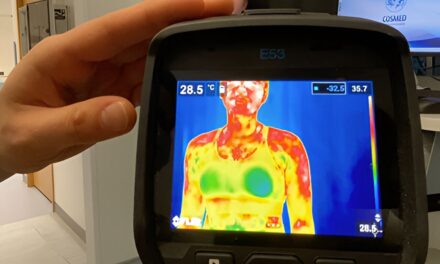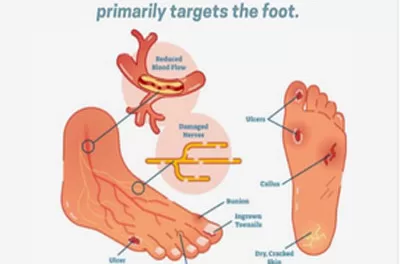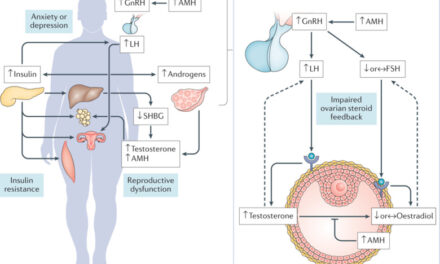Recent research indicates a potential link between increased dairy consumption and a reduced risk of colorectal cancer (CRC), adding to a growing body of evidence. Two studies, published in January, have highlighted this association, with one focusing on dairy milk and yogurt intake and the other on the role of yogurt and specific gut bacteria.
A prospective cohort study published in Nature Communications involving over 540,000 UK women over 16 years found a 14% reduction in CRC risk for every 200g of dairy milk consumed daily, and an 8% reduction for every 50g of yogurt. Another study in Gut Microbes examined yogurt consumption and Bifidobacterium, a bacteria found in yogurt. This study revealed a 20% lower risk of Bifidobacterium-positive tumors in those who consumed at least two servings of yogurt per week compared to those who consumed less than one serving per month.
These findings, along with previous systematic reviews, raise questions about whether dairy foods, particularly fermented dairy, reduce CRC risk independently of their calcium content. While the link between dietary calcium and lower CRC risk is more established, other dairy components may also contribute to this benefit.
Dr. Christopher J. Damman, a clinical associate professor of gastroenterology at the University of Washington Medicine, noted that while traditional dietary factors associated with CRC include alcohol, red and processed meat, and whole foods, the role of dairy is a relatively new area of focus.
Earlier Research and the Role of Calcium
Earlier studies, such as a 2019 meta-analysis in Advances in Nutrition, suggested a 20% lower CRC risk with higher dairy consumption overall and an 18% reduction with higher milk consumption. A 2017 review in Annals of Oncology also found a consistent trend of reduced CRC risk with dairy intake across various populations.
The role of calcium in reducing CRC risk is well-established. The Nature Communications study found a 17% reduction in risk for every 300mg/d of calcium intake. However, it also suggested that calcium alone may not fully explain the reduced risk associated with milk and yogurt.
Other dairy components, such as conjugated linoleic acid, butyric acid, and sphingomyelin, are being investigated for their potential anti-cancer properties.
The Gut Microbiome and Fermented Dairy
The Gut Microbes study raises questions about the role of the gut microbiome, particularly Bifidobacterium, in CRC risk reduction. However, this area requires further research.
While fermented dairy products, like yogurt, may influence the gut microbiome, the exact mechanisms are still unclear. Some research suggests that a diverse and healthy microbiome can mitigate the effects of environmental risk factors for CRC.
Dr. Rashmi Verma, an associate professor of medical oncology at the University of California Davis, advises patients to consume yogurt with active cultures to support gut health, noting a potential correlation between low dairy intake and increased CRC incidence in younger populations.
Limitations and Future Research
It is important to note that many of these studies rely on food questionnaires, which are subject to recall and social desirability biases. Additionally, the definition of “dairy” varies across studies.
Experts agree that while the apparent benefits of dairy in reducing CRC risk are primarily attributed to calcium, other dairy components may also play a role. Further research is needed to fully understand these mechanisms, particularly the impact of fermented dairy on the gut microbiome.
Disclaimer: This news article is based on the provided research information and should not be taken as medical advice. Dietary recommendations should be discussed with a healthcare professional. The findings presented are from observational studies, and further research is needed to establish definitive causal relationships. Individual results may vary.(https://www.medscape.com/viewarticle/does-higher-dairy-intake-reduce-crc-risk-2025a10007fn)












